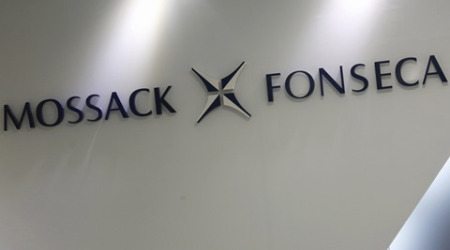Tax avoidance on a grand scale is nothing new – the US President Barak Obama has led the way in tackling the issue head on with the Foreign Account Tax Compliance Act (FATCA) since 2010.
FATCA demands non-American financial institutions should hand over details about accounts and investments controlled by US taxpayers to the Internal Revenue Service (IRS).
This reporting started in September 2015 and the IRS is currently poring over the data to compare the information with that disclosed on tax filings.
In the wake of FATCA, Britain, Europe and the Organisation of Economic Co-operation and Development have proposed similar tax reporting laws that are due to phase in over the next few years.
But the Panama Papers have revealed a huge rift between the perpetrators of tax avoidance and how governments are trying to tackle the problem.
Problems with tax avoidance focus
More than 100 countries have signed up to FATCA and the OECD FATCA.
FATCA and other laws require financial institutions to report customer financial details to their local tax authorities.
But the Panama Papers disclose the real problem is the middlemen who facilitate tax avoidance.
Although banks, financial companies and trusts have to register under FATCA, lawyers, offshore service companies, accountants and tax advisers do not.
According to the Panama Papers, the largest financial centres facilitating tax avoidance all have financial institutions registered under FATCA except one – the tiny Pacific Island of Niue with a population of just 1,200.
According to the revelations, at one time, the island was host to more shell companies than people who lived there.
Panama Papers and FATCA reporting
The top nine countries with intermediaries dealing with Mossack Fonseca, the law firm at the centre of the panama papers scandal, are (with FATCA registrations in brackets):
- Britain (25,557)
- Luxembourg (9,015)
- Switzerland (5,185)
- Jersey (5,182)
- Hong Kong (3,756)
- China (1,252)
- Panama (1,195)
- United Arab Emirates (487)
- Uruguay (208)
The six leading countries hosting shell companies and trusts for Mossack Fontera are (with FATCA registrations in brackets):
- British Virgin Islands (6,802)
- The Bahamas (1,198)
- Panama (1,193)
- The Seychelles (270)
- Samoa (60)
- Niue (0)
The expectation would be that at least some of the financial institutions in these countries would have accounts controlled by US taxpayers. This would trigger a FATCA report by the financial institution managing the account.
Mossack Fonseca even has two FATCA registrations in the British Virgin Islands, so the question has to be are these thousands of financial institutions declaring their liabilities under FATCA or still covering up for wealthy clients?
